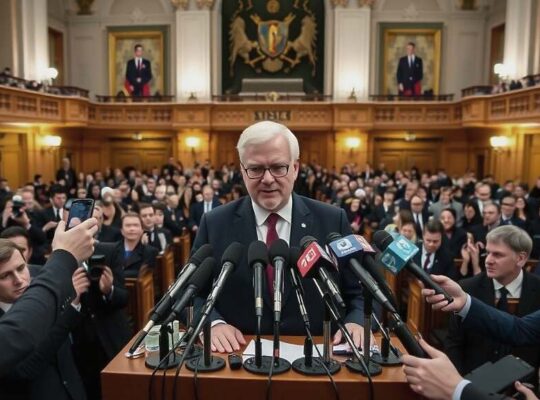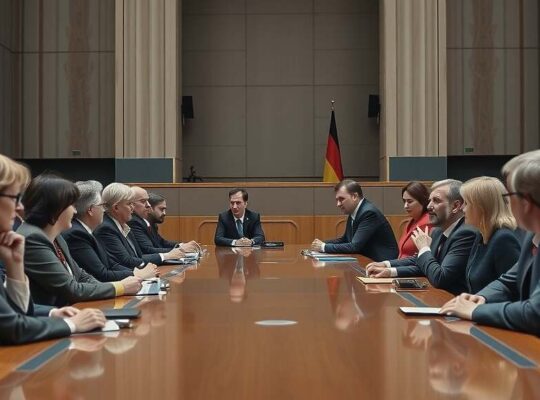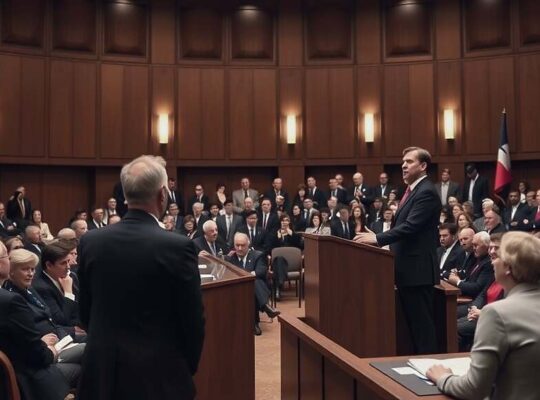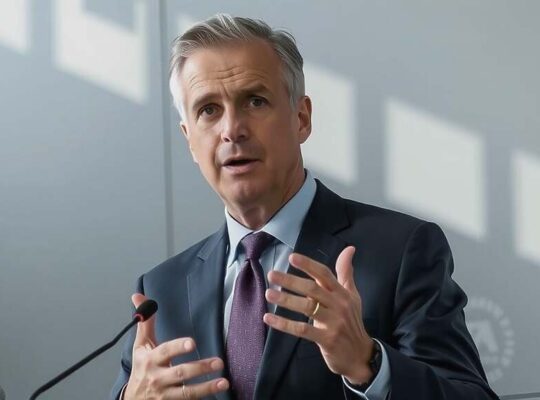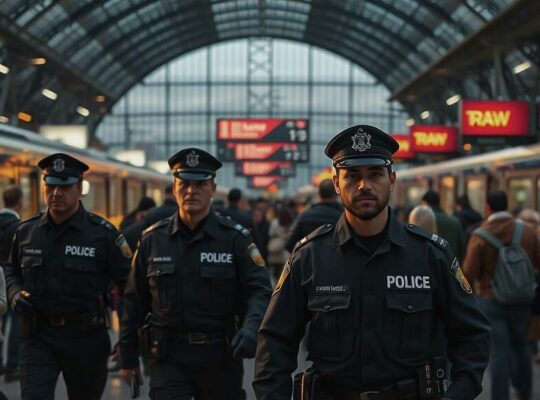North Rhine-Westphalia’s Police Union Chief Raises Serious Concerns Over Castor Transport Plans
The head of the North Rhine-Westphalia branch of the Police Union (GdP), Patrick Schlüter, has issued a stark warning to state authorities, demanding swift clarification on crucial safety and logistical aspects surrounding the planned transportation of nuclear waste Castors. In an interview with the “Rheinische Post”, Schlüter emphasized that police preparedness is currently inadequate and the rush to proceed with the transports poses significant risks.
Schlüter stated that while preliminary planning is underway within the Münster police headquarters, a comprehensive and collaboratively developed work safety and radiation protection concept is essential “before” the transports commence. He highlighted previous incidents where officers were restricted to brief deployments near the Castors and prohibited from accompanying them in convoys, raising questions about whether these limitations will be maintained. “A hurried action would be unacceptable until all our questions are answered” he asserted.
The GdP leader expressed deep uncertainty regarding the potential for mobilization by left-wing protest groups, some of whom have demonstrated a propensity for violence. He underscored the urgent need for robust police contingency planning, explicitly warning that a protracted blockade by protesters, lasting hours or even days, remains a plausible and highly concerning scenario. Significant police deployment is considered vital, particularly in the initial stages.
Beyond personnel concerns, Schlüter addressed critical infrastructural vulnerabilities. He voiced serious reservations about the strain the transports will place on the region’s transport network, particularly the condition of bridges between Jülich and Ahaus. The limited number of viable routes, coupled with the risk of excessive diversions, presents a formidable public relations challenge. “Our opponents are naturally aware of this” Schlüter cautioned, implying a calculated risk factor. He further suggested that proceeding with transports in November would be irresponsible based on the current state of planning and preparation.




